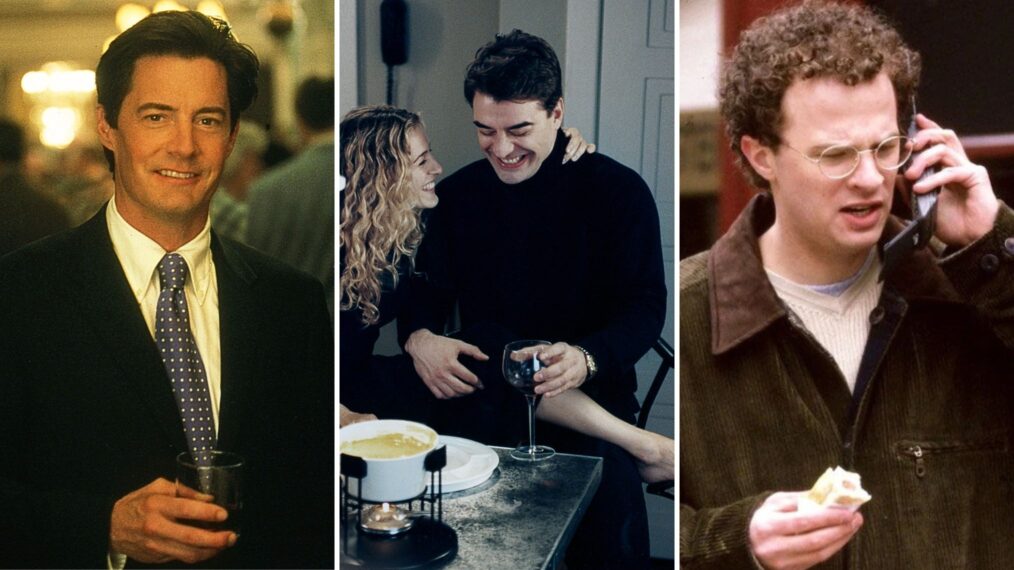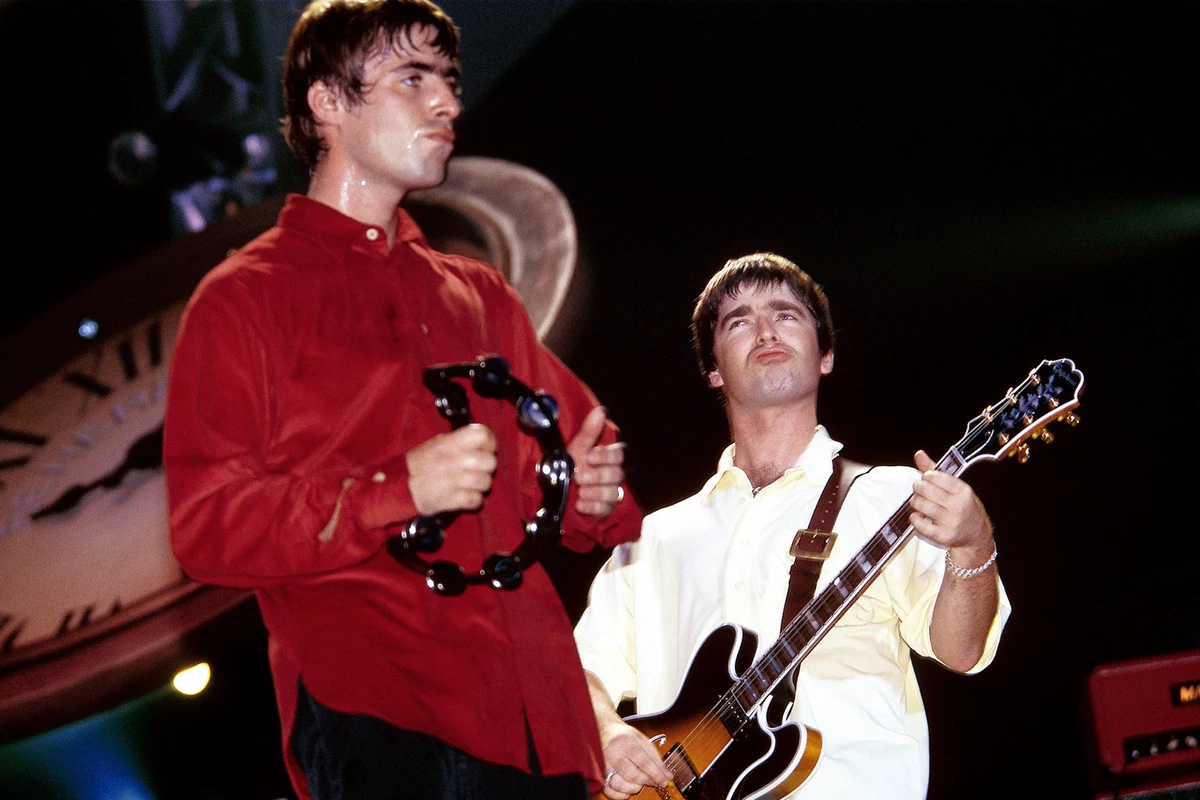
A former tour manager for Led Zeppelin discussed the measures bands are now being advised to put in place to be ready for crowd riot situations.
Steve Allen said he’d come up with “showstop procedure” while working with Oasis in the ‘90s, which can include being ready to stop playing and even changing the planned set list to deliver calming ballads instead of rousing anthems.
Riot conditions are nothing new, but the focus has turned onto artists’ responsibility for crowd welfare since the Astroworld tragedy last year, in which rapper Travis Scott was accused of failing to act as 10 people died and over 300 were injured during his performance.
“I would guarantee that since Astroworld, management companies are saying to their artists: ‘If you see this happening, do not in any circumstances incite the crowd,’” Allen – now a crowd safety consultant – told the Guardian in a recent interview. “If someone is saying ‘stop the show,’ then stop the show. If not, it’ll be the end of your career.”
He recalled coming up with his emergency procedure at an Oasis show in Scotland in 1997, saying the energy was “off the Richter scale” and he’d spoken to Noel Gallagher about being ready for trouble. “I explained to Noel that if we didn’t have this system in place, there’s a strong possibility that someone’s going to get seriously hurt.”
Allen stood at the security barrier, ready to signal to the band if the show needed to be stopped. “We had it down to a tee,” he said. “We must have stopped 17 to 25 different shows around the world; the band were 100% compliant. They didn’t want a death or a major incident at their concerts, simple as that.”
Since then, the procedure has developed to include inviting cops from future shows to attend an earlier one, so they know what to expect, along with a clear radio communications policy. Artists are encouraged to talk to safety crews between songs, and may be ready to “opt for a slower number to simmer down the energy in a room.”
Allen argued: “Everyone has a duty of care, but the artists are up on that stage to perform for a crowd. They should have people in place.” He added that vigilance was essential: “You might think, ‘Rod Stewart: no problem at all. Wrong!’ I see the genuine excitement among [all people at gigs] as if they have a Willy Wonka ticket.”
Concerts That Turned Into Riots
Sometimes shows can get out of control.
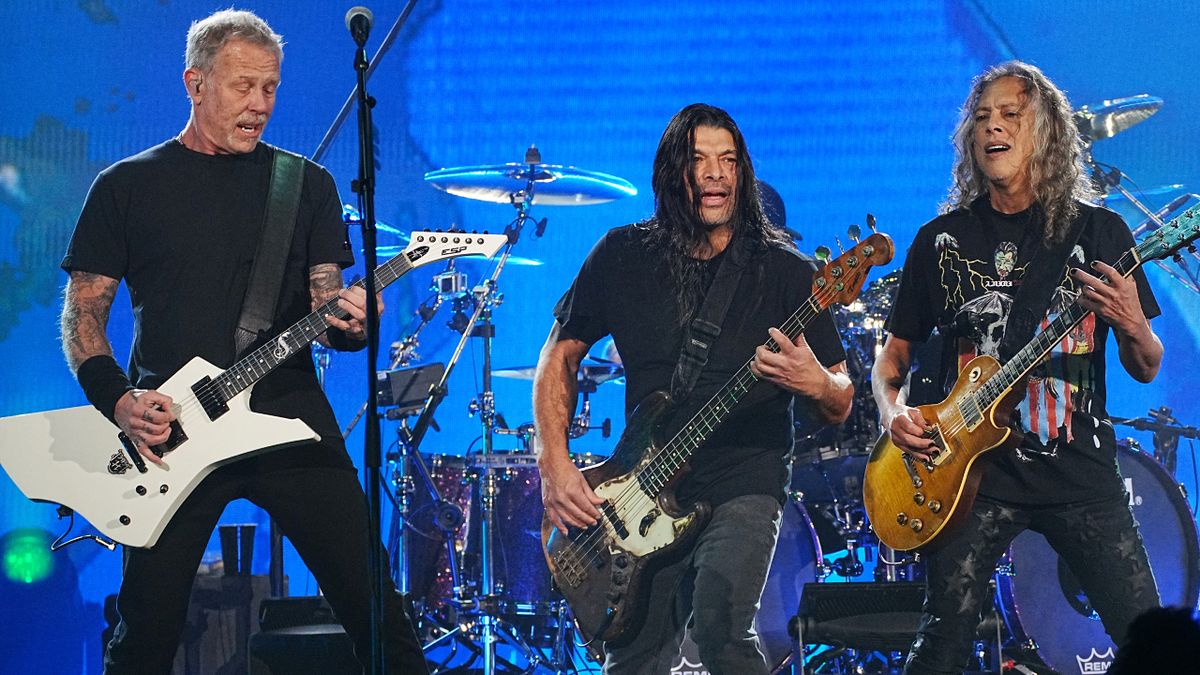















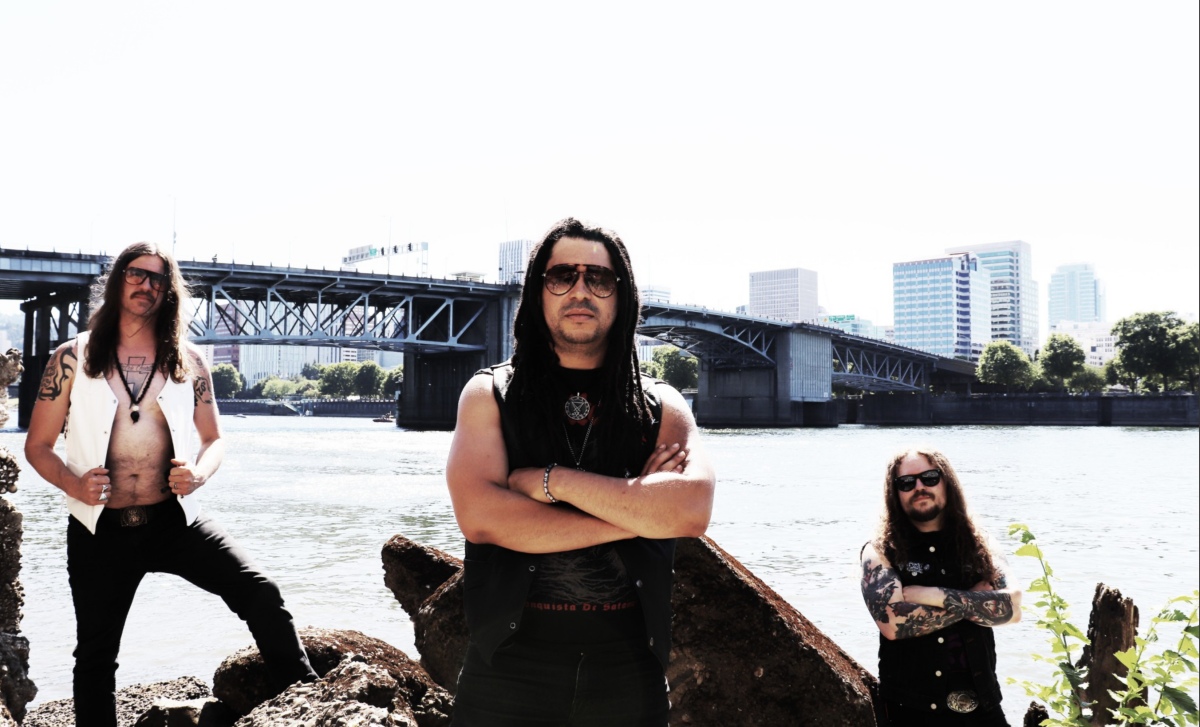
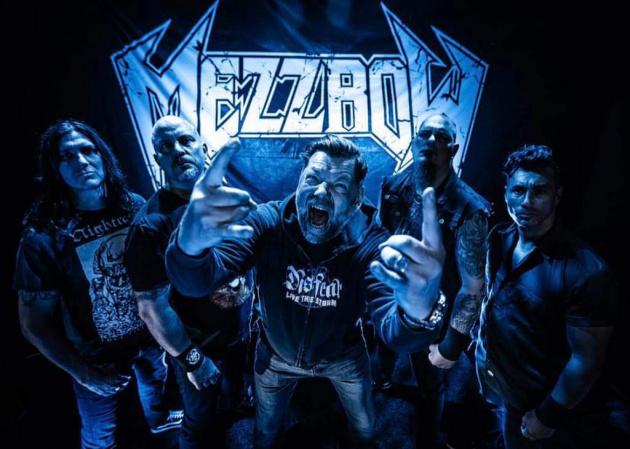
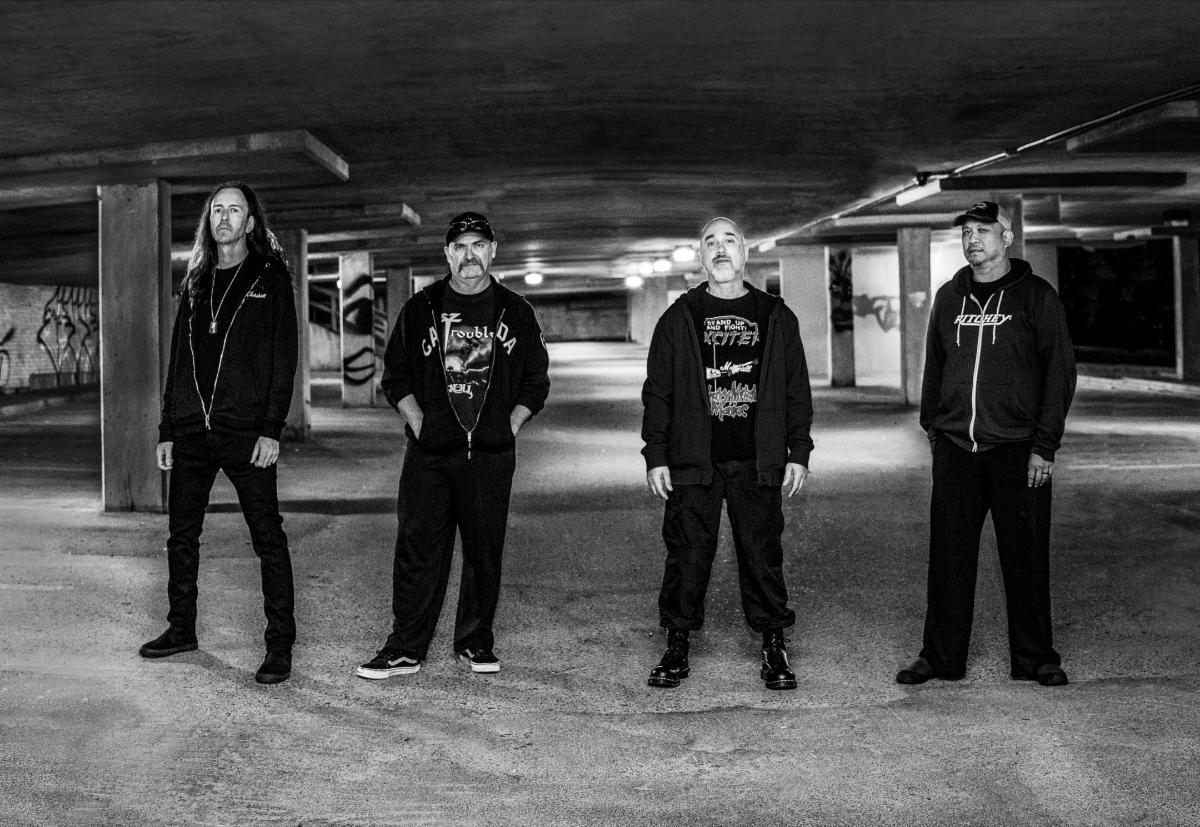
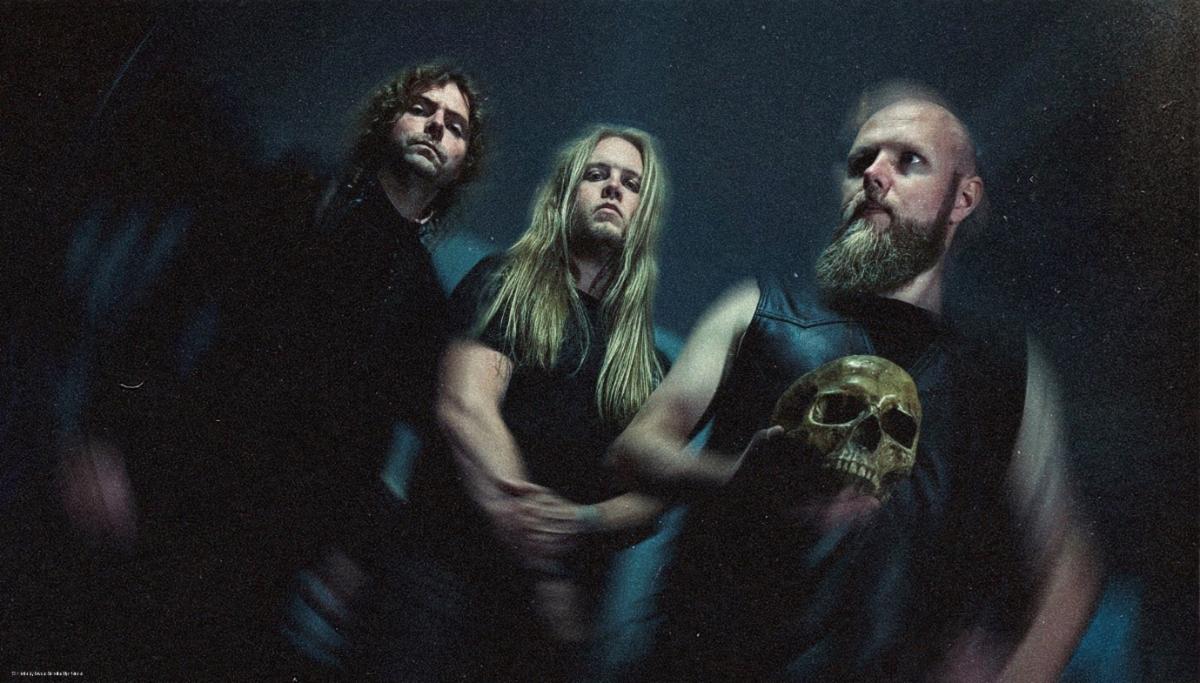


![ONE OK ROCK – Dystopia [OFFICIAL MUSIC VIDEO] ONE OK ROCK – Dystopia [OFFICIAL MUSIC VIDEO]](https://i.ytimg.com/vi/cIOntvhfJx4/maxresdefault.jpg)




